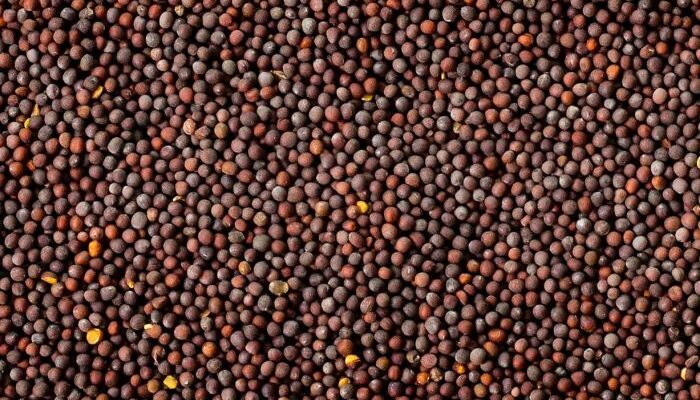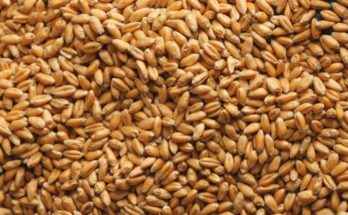Edible oil industry body Central Organization for Oil Industry & Trade (COOIT) will finalise the estimates for mustard seed production in the ongoing Rabi (winter-sown) season during its 42nd annual conference to be held on March 12 and 13, 2022 in Bharatpur, Rajasthan. Besides, the organisation will deliberate on other challenges faced by the domestic processors, like high global prices, and rising imports in value terms.
The 42nd All India Rabi Seminar on ‘Oilseeds, Oil Trade & Industry’ is expected to be attended by several government officials, farm scientists, industry leaders and progressive farmers. The event will be co-organised by Mustard Oil Producers Association (MOPA) and Bharatpur Oil Miller’s Association (BOMA).
During the 2-day conference, Central Organisation for Oil Industry & Trade (COOIT) will announce the estimate for the area, productivity per hectare and production of mustard seeds for the 2021-22 crop year (July-June). Mustard is grown only in Rabi season and the sowing starts from October, while harvesting begins from late February.
Mustard is grown majorly in Rajasthan, Haryana, Madhya Pradesh and Uttar Pradesh among few other states. The estimate is finalised by industry players based on the field data related to acreage and crop condition.
“We are expecting a record mustard seed production this Rabi season. Farmers have put more area under this crop as they received better realisation from their last year’s crop. During the conference we will assess the production and availability of oilseeds and oils in the country,” said, COOIT Chairman, Suresh Nagpal.
Nagpal further said that the industry association would discuss in length the prevailing situation in the edible oil sector, both domestic and global.
You may also like to read: COOIT urges Govt to create buffer stock of mustard; incentivise its cultivation
The edible oil sector has been in the limelight for the last one year due to the astronomical rise in global prices and palm oil. “The industry will prepare a roadmap on how to boost domestic production and reduce import dependence as part of its objective to make available cooking oils at an affordable price,” he said.
“There is a great scope for the increasing area under the mustard seeds. Since the oil content in the mustard seeds is much higher than soyabean seeds, it is necessary for the government to incentivise cultivation of this crop,” said KK Agarwal, President, Bharatpur Oil Miller’s Association.
India imports about 60-65 per cent of its total domestic demand for edible oils. The import dependence was only 10 per cent in 1994-95. In 2020-21 oil year (November-October), the country’s imports remained stable at 13 million tonnes. However, in value terms, the imports went through the roof and touched Rs 1.17 lakh crore from nearly Rs 72,000 crore in the previous year.
COOIT has been demanding from the government to maintain a reasonable import duty difference between the crude edible oil and refined edible oil to protect the interest of local processors. Given high imports and a limited supply of local oilseeds, a lot of industry’s installed capacity remains unutilised.
India’s annual per capita consumption has shown an increasing trend from 15.8 kg in 2012-13 to current levels of 19-19.5 kg. However, at 1200 kg/hectare, Indian oilseed yields are about half of the world’s average and less than one-third of top producers.
The overall objective of its flagship annual conference includes protecting the interest of the oil sector; offering suggestions to the government for policy making; making representations to the government against policies hurting farmers and the industry; creating awareness about new technology. The delegates will also deliberate on steps required to ensure the supply of good quality edible oil to consumers.





